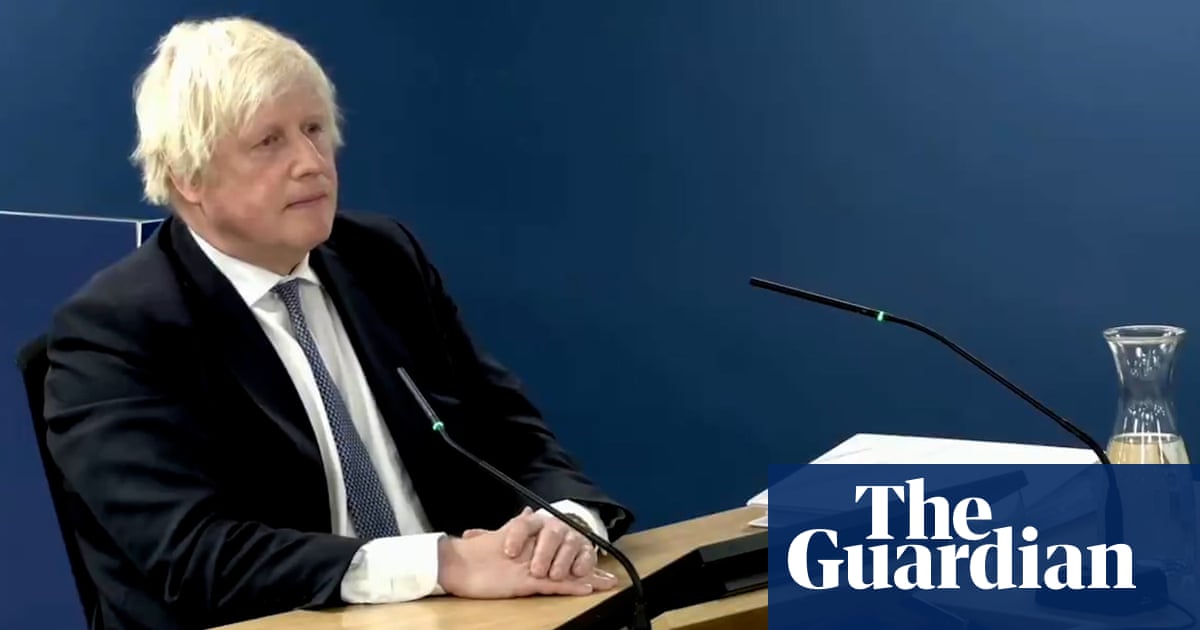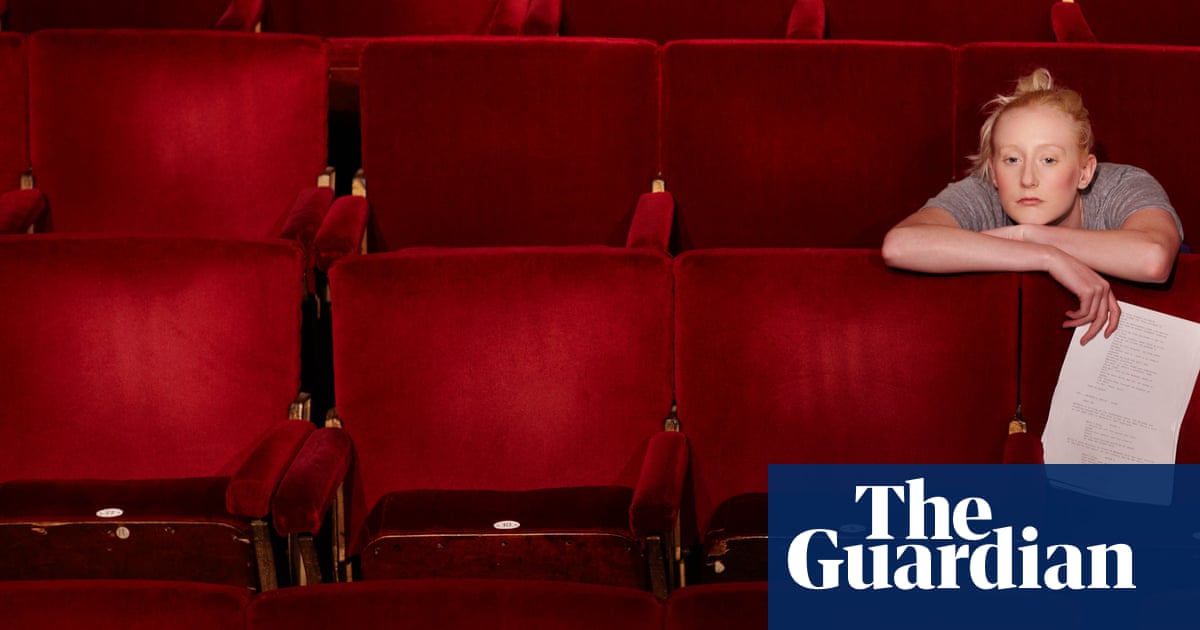
As beleaguered Croydon council declared effective bankruptcy on Wednesday afternoon, its interim chief executive, Katharine Kerswell, sent an ominous wake-up-call memo to staff: “Too many of us are still operating like business as usual,” she warned, “and are not facing up to our new reality that we are actually in a financial crisis.”
The methodical drip-drip erosion of council budgets in recent years had maybe inured some to the scale of the challenge now facing the south London borough. Bankruptcy came suddenly, but the origins of the council’s woes go back years, driven by heady dreams of making Croydon a major housing developer, and hampered by a culture of lax financial controls and poor governance.
The new reality is that, in the middle of a pandemic, Labour-run Croydon has become only the second council in 20 years to issue a section 114 notice – meaning it is in effect insolvent. It has a £67m hole in its budget, and a projected overspend next year of £47m. It has just £10m in reserves, and holds almost £2bn in capital loans – many tied up in risky property investments.
It now faces the ignominy of having to implement its own drastic mini-austerity programme to meet its legal obligation to balance the books. “We will need to make decisions that will be very difficult, very challenging, and will have implications [for staff and services], no question,” the new leader of the council, Cllr Hamida Ali, told the Guardian.
Despite the shock of the section 114 notice, observers say Croydon had been teetering on the edge of bankruptcy for months. In August its former chief executive Jo Negrini left, allegedly with a £440,000 severance package. Weeks later, the council’s finance director drafted a section 114 notice but it was never issued. The council leader, Cllr Tony Newman, resigned in mid-October after six years in charge.
In late October, a devastating report by the council’s own auditors, Grant Thornton, savaged the council for “collective corporate blindness”. There were lax financial controls, despite a series of formal audit warnings, and a corporate culture of failing to challenge or scrutinise financial decisions made by the leadership.
The auditor’s report said Croydon’s finances had been deteriorating for years. The huge costs of overhauling the council’s failing children’s services after a critical Ofsted report in 2017 had resulted in huge rolling budget overspends that had never been properly addressed – and indeed their impact had been masked by accounting tricks.
At the same time, Croydon borrowed £545m over the last three years to buy a shopping centre and a hotel and to set up a property development business. Corporate oversight of these deals was feeble, the auditors said, and despite the vast sums invested, the council has yet to receive any significant return. Servicing the loans is said to cost millions a year.
The final straw seems to have been the coronavirus pandemic. As costs spiralled, Croydon’s income from council tax and business rates collapsed. Government compensation schemes failed to cover outgoings. “The council’s fragile financial position and weak underlying arrangements have been ruthlessly exposed by the impact of the Covid-19 pandemic,” noted Grant Thornton.
The council’s public services – already battered by a decade of austerity funding cuts – face another hammering as it tries to bring its finances back on track. All non-essential spending has been frozen, more job losses are expected, and there are rumours of staff being put on to a four-day week. The future of so-called non-core services, from libraries to parks, looks fragile.
Ali and her cabinet will present a fresh budget to the council in three weeks that she hopes will stabilise the finances over the next two years. She will not say what services will be cut or shrunk but she does not seek to downplay the seriousness of what is required. “We are looking at everything,” said Ali.
Steven Downes, the editor of the independent Inside Croydon website, which has reported the council’s financial woes in forensic detail, said the savings are likely to be painful. “Two-thirds of Croydon’s libraries have been closed since March because of Covid. It may be they never reopen. They have got rid of most of the ‘nice-to-have’ services in recent years. The parks service is already basically two men and a dog.”
The council has been forced to go cap in hand to the government for a financial bailout to see it through the next two years. The secretary of state for housing, communities and local government, Robert Jenrick – who accused Croydon’s ruling Labour group of being “dysfunctional” – has already despatched a taskforce of experts to oversee the day-to-day running of the council.
Chris Philp, the Conservative MP for Croydon South, told the Guardian he believed the audit report showed the council’s downfall was down to its uniquely reckless leadership. “It’s not a government funding problem, it’s a problem manufactured by the Labour clique running the council.”
Steve Reed, Labour MP for Croydon North and the shadow secretary of state for communities and local government, disagreed: “Croydon council’s serious financial challenges have deep roots through a decade of austerity and administrations of different parties and have been greatly worsened by the impact of the Covid-19 pandemic”.
The council’s new leadership is under no illusions about its future. Ali has admitted that while austerity and Covid-19 have had a huge impact they do not excuse the failings highlighted by auditors. Mistakes were made, she said, and “swift and decisive action” will follow. For Croydon, she warned, there are “difficult decisions ahead”.












